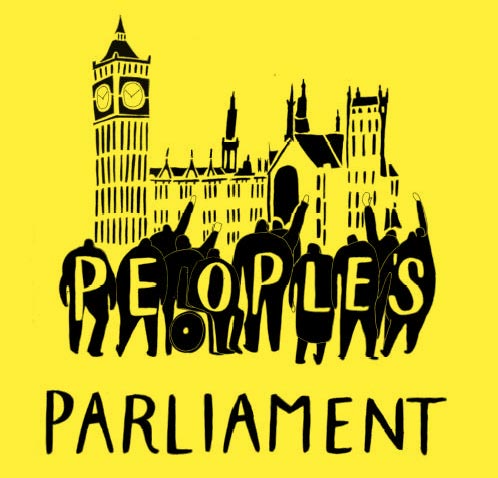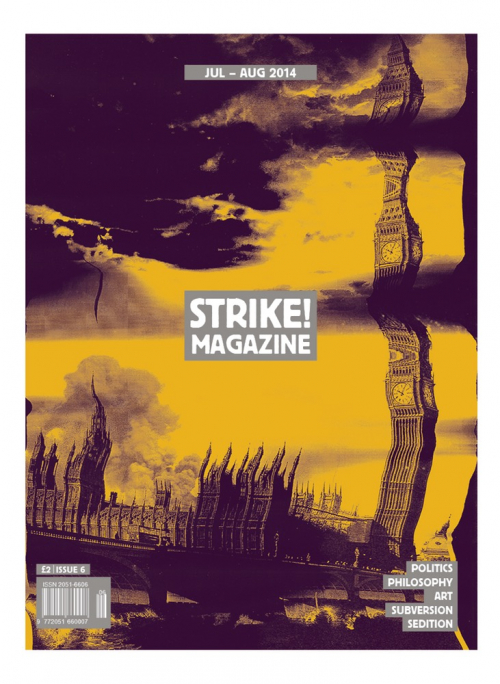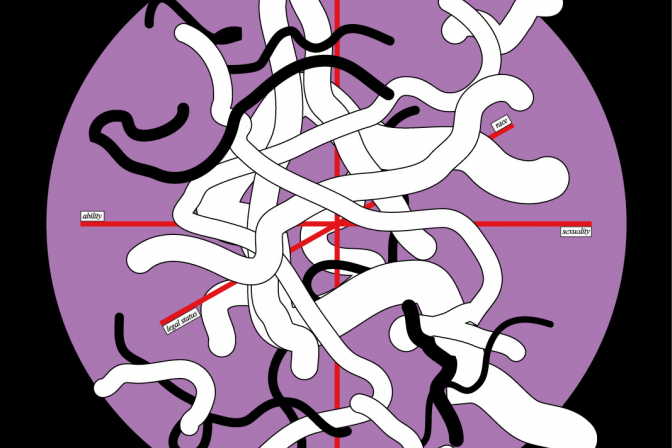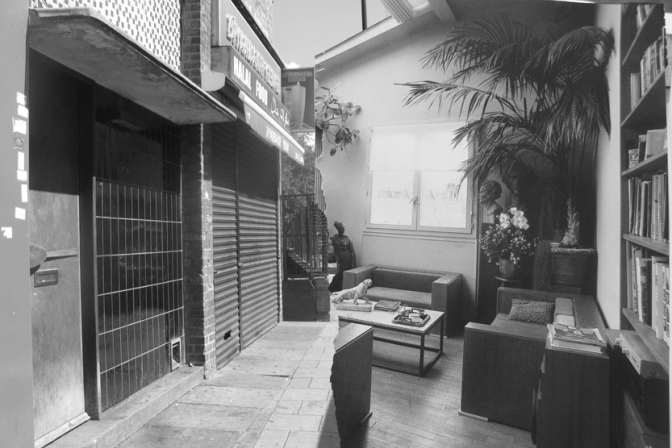Power to the People: The People’s Parliament

We have experienced the most serious economic crisis of the capitalist system since the great crash of 1929 and yet mainstream politics has sunk to a philistine level of political debate, best characterised by the recent spoof B film party political broadcast made by the Labour Party and the succession of UKIP candidates spouting racist, homophobic bile.
How could we have let our politics become so degraded?
Three centuries ago the Enlightenment led us to believe that the exercise of reason would lead to a linear progression of how we understand the world and the society we live in. Many were convinced that this intellectual evolution would inform the political decisions taken on how best to organise our society.
Still within this tradition, Marx then introduced us to the dialectical process of history and thought. Thesis and antithesis would lead to a progressive synthesis.
In our recent period, far from securing progress we seem to have gone back into the darkness. Popular political discussion, as witnessed in our mainstream media outlets, is a pretty bleak, barren wasteland. Newspapers print the sensationalist lies determined by their oligarch owners. The liberal Guardian very rarely strays beyond its acceptable establishment comfort zone.
What masquerades as political debate on radio and television on programmes such as Any Questions and Question Time is largely a parade of posturing political hacks with barely a cigarette paper between the politics of the supposed political opponents who appear on the shows.
This intellectual vacuum has led to a situation best depicted by Stan Jameson in which for most it is easier to imagine the end of the world than the end of capitalism.
Politics doesn’t have to be like this and we can’t let this continue. We have a responsibility to promote a real political discussion and debate about the lives we lead, the society we live in and the alternatives there are.
It is these sentiments that led me to launch the idea of the People’s Parliament.
Back in the 1980s I was elected as a GLC (Greater London Council) councillor and became Ken Livingstone’s deputy. Despite all the rhetoric about the Labour GLC being a golden age of radicalism, the reality is that initially the GLC controlling Labour group was fairly traditional social democratic.
Physically opening up County Hall as a building to a wide ranging array of groups and individuals, who were campaigning or promoting ideas to be implemented by the GLC, radicalised the Livingstone administration.
County Hall buzzed, with its meeting rooms packed with activists thrashing out their ideas on how to transform the lives of Londoners. Everything from fares policy to LGBT rights and securing the capital’s creative and manufacturing sectors was up for grabs.
This open democratic engagement created the radical GLC that is still remembered for its exciting creativity. It implemented policies that were seen as extreme at the time but have subsequently been accepted as mainstream common sense.
Just like County Hall, Parliament has a supply of halls and meeting rooms specifically designed for discussion and debate. The building is paid for and owned by the people and so I thought why not open up the building to the people and encourage anyone who has an idea to discuss, a policy to promote or an argument to be heard, to come along and use the building’s meeting rooms to democratic effect.
You never know, by inviting MPs and Lords to these discussions and debates might even infect some of the debates taking place in the main Commons Chamber.
From January, a group of us have organised a series of meetings in Parliament’s committee rooms, discussing a vast range of issues suggested by people who have heard about this initiative. The only bar so far is that fascists are not invited.
The mainstream media has largely ignored us but that is par for the course, and with social media we don’t really need them. The occasional plug in the Guardian doesn’t do any harm, but if we rely on this country’s press to stimulate a creative political debate we will wait forever.
Running with two sessions a week, the meetings have been packed. Having been around for quite a while I can usually recognise most of the faces in radical political meetings.
Not with the People’s Parliament.
The meetings are packing in people, especially young people, activists and campaigners who have a genuine interest in engaging with the issue being discussed and are looking for change.
The discussion of ideas and theory is important but is only really effective if it informs our political practice. Hence the concept of praxis, the combination of theory and practice, underlines the People’s Parliament sessions.
So far the discussions have addressed questions of what sort of democracy we need, who is watching whom in our surveillance society, and what is really needed to tackle our environmental crisis.
Specialists and expert practitioners have wanted to explain what is happening in their fields of activity. Lawyers have come along to expose the undermining of access to justice, tax experts have joined us to reveal the continuing scale of tax avoidance and evasion, and housing groups have explained the grotesque failures of housing policy that have led to our worst housing crisis since the second world war.
People have brought along some of their ideas for solutions to problems. Citizens income to overcome poverty, how to reclaim the media by confronting its ownership by the rich and powerful, and constructing a sustainable economy by rejecting concepts of all-consuming growth.
Campaigners have come to seek support for their struggles. This has included campaigns against the latest wave of racism, the fight to end the Coalition’s privatisation plans to finally kill off the NHS, and the campaign to hold back legislation criminalising sex workers.
People have posed and tried to answer questions that have troubled us all. The radical publishing house Zero Books went to the heart of our search by addressing the question that underlies a large part of the People’s Parliament initiative: how has capitalism got away with the financial crisis and why is politics scared of political ideas?
The next stage of the People’s Parliament discussions is looking at how we learn from the resistance to the capitalist crisis so far, to enable us to move beyond capitalism.
Each of our sessions have been introduced by experts and campaigners within their particular policy area but the discussion is dominated by the participants who turn up. Most of the debates have led to agreements on further action.
A thread running through the sequence of the People’s Parliament sessions has been that words are not enough. The elite who still dine at the Ritz, shop at Fortnum and Masons and who populate the company boards in the City of London will remain content whilst our talk remains only talk.
They will only be fearful when our talk moves on to action and they know that our direct action only becomes effective when it is armed with an understanding of our society and its potential alternatives.
The People’s Parliament attempts to make its contribution to arming that resistance. Come along.

Get it here


